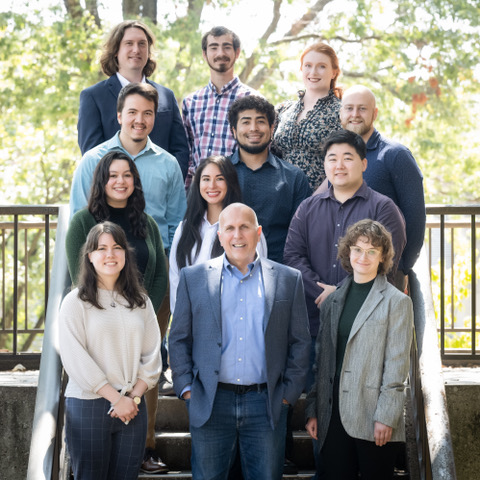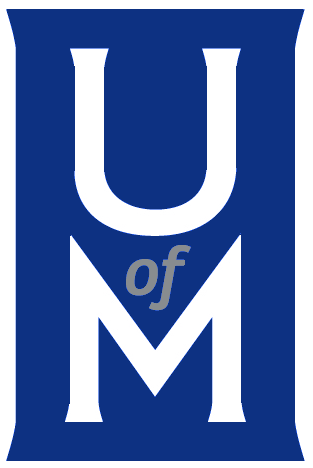Gambling Education
The Gambling Clinic® provides educational resources to help those who experience gambling harm. We strive to help everyone, whether the individual, a friend, or a family member who struggles with gambling. Gambling education resources bring awareness to gambling harms as well as how to gamble safely. Our educational information comes from thorough research and contributes significantly to our therapy practice.
Through education, we aim to . . .
- Raise Awareness:
- Shine a light on the prevalence and impact of problem gambling.
- Educate the community on how gambling addiction can affect individuals and families.
- Offer Support and Resources:
- Equip individuals and families with practical tools to address gambling issues.
- Connect individuals with resources that can assist in managing and overcoming gambling problems.
Research

The Tennessee Institute for Gambling Education & Research, or TIGER, was established in 1999 by Drs. James Whelan and Andrew Meyers to provide evidence-informed treatment for gambling problems and advance the science around gambling problems.
TIGER conducts ongoing research into the prevention, assessment, and treatment of gambling problems. Our research questions often come from our work with people who are struggling due to gambling, and we use that research to improve the services that we offer through The Gambling Clinic®.
Historically, our research has contributed to a broad range of gambling-related questions. We are recognized leaders in understanding how behavioral addiction is different from substance abuse problems. We also have explored how the use of substances influences gambling decision-making and behavior. Assessment tools developed by TIGER team members have become widely adopted by researchers and clinicians around the world. Our prevention research has informed regulatory policies and industry practices around the world. Most recently, we have been recognized as a leader in the study of the effectiveness of gambling disorder treatment.

Current research projects include topics like:
- Financial distress risk and protective factors for under-represented groups
- The efficacious use of peer recovery specialists
- Responsible gambling practices
- Methods to improve self-guided treatments
Our current leadership team includes three researchers who are international experts on the treatment of gambling problems and harms. We have published a book on helping those with gambling problems and have published over 50 research articles related to gambling. Consequently, we have made significant contributions to the problem gambling research literature.
Therapy
From our research, we have learned that evidence from tailoring an individual’s treatment can help each person optimize their skills and control their gambling. We are here to help you learn, develop, or improve current skills to meet your specific goals for change.
We have become confident that a person who completes our research-based treatment will realize a significant reduction in gambling problems, a decrease in gambling frequency, and an improvement in general well-being. Our research supports that over 87% of those who seek help for gambling problems will benefit.
Gambling Education
The Gambling Clinic provides educational resources to help those who experience gambling harm. We strive to help everyone, whether the individual, a friend, or a family member who struggles with gambling. The gambling education resources bring awareness to gambling harms as well as how to gamble safely. Our educational information comes from thorough research and serves as the core of our therapy model.
Through education, we aim to . . .
- Raise Awareness:
- Shine a light on the prevalence and impact of problem gambling.
- Educate the community on how gambling addiction can affect individuals and families.
- Offer Support and Resources:
- Equip individuals and families with practical tools to address gambling issues.
- Connect individuals with resources that can assist in managing and overcoming gambling problems.
Research

The Tennessee Institute for Gambling Education & Research, or TIGER, was established in 1999 by Drs. James Whelan and Andrew Meyers to provide evidence-informed treatment for gambling problems and advance the science around gambling problems.
TIGER conducts ongoing research into the prevention, assessment, and treatment of gambling problems. Our research questions often come from our work with people who are struggling due to gambling, and we use that research to improve the services that we offer through The Gambling Clinic.
Historically, our research has contributed to a broad range of gambling-related questions. We are recognized leaders in understanding how behavioral addiction is different from substance abuse problems. We also have explored how the use of substances influences gambling decision-making and behavior. Assessment tools developed by TIGER team members have become widely adopted by researchers and clinicians around the world. Our prevention research has informed regulatory policies and industry practices around the world. Most recently, we have been recognized as a leader in the study of the effectiveness of gambling disorder treatment.

Current research projects include topics like:
- Financial distress risk and protective factors for under-represented groups
- The efficacious use of peer recovery specialists
- Responsible gambling practices
- Methods to improve self-guided treatments
Our current leadership team includes three researchers who are international experts on the treatment of gambling problems and harms. We have published a book on helping those with gambling problems and have published over 50 research articles related to gambling. Consequently, we have made significant contributions to the problem gambling research literature.
Therapy
From our research, we have learned that evidence from tailoring an individual’s treatment can help each person optimize their skills and control their gambling. We are here to help you learn, develop, or improve current skills to meet your specific goals for change.
We have become confident that a person who completes our research-based treatment will realize a significant reduction in gambling problems, a decrease in gambling frequency, and an improvement in general well-being. Our research supports that over 87% of those who seek help for gambling problems will benefit.
GET HELP FOR YOUR GAMBLING PROBLEM
If you would like to receive help for a gambling addiction, learn more about our services or schedule a consultation, call, email, or fill out the form.
GET HELP FOR YOUR GAMBLING PROBLEM
If you would like to receive help for a gambling addiction, learn more about our services or schedule a consultation, call, email, or fill out the form.




